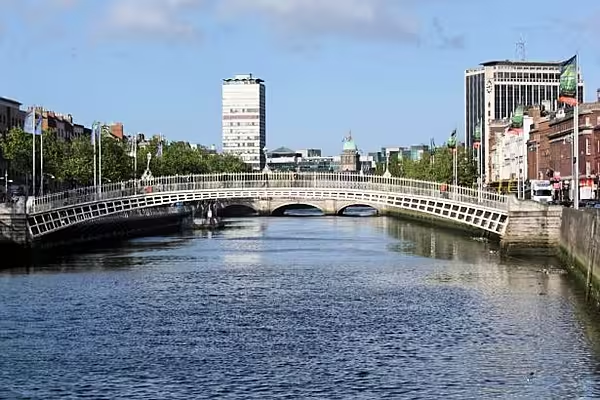Some of the Irish businesses most exposed to the risk of Britain crashing out of the European Union in 10 weeks are not very well prepared, our government warned on Thursday.
The Irish economy is considered the most vulnerable among EU members to Brexit, with employment-heavy industries in rural areas among those relying most on doing business with Ireland's nearest neighbour and big trading partner.
Poorly Prepared
Directly appealing to 'a number of sectors of concern', the government said its contingency plans indicated that retailers, hauliers, manufacturers, agrifood businesses - particularly those in food production - and construction companies were poorly prepared.
Some smaller companies may not even realise they trade with the UK, the government said. It urged those urging identified sectors to review their supply chain, contracts and data management, understand new rules on importing and exporting, and be ready for possible changes to transport and logistics.
"It is vitally important that businesses do all they can now, to prepare for the impact of Brexit," finance minister Paschal Donohoe said in a statement. The government also told business that the likelihood of a no-deal Brexit was increasing.
No-Deal Brexit
Talks over avoiding a no-deal Brexit remain firmly stuck on the issue of the Irish backstop - an insurance policy to keep the open border between British-run Northern Ireland and EU member Ireland open under all circumstances after Brexit.
Dublin has said the imposition of tariffs and regulatory checks somewhere on the island of Ireland that would be required without a transition agreement would contribute to far-reaching changes to North-South trade.
It has also warned that delays at ports would disrupt trade not just to and from mainland Britain, where the majority of UK exports go, but via the British 'land bridge' that some 60% of Irish exporters use to move goods to the rest of Europe.
Training Fund
Thursday's warning comes two weeks after Dublin offered businesses up to €60,000 each to train staff on filing customs returns, because the government will not have enough customs agents to help them file returns if Britain crashes out without a transition agreement.
Donohoe has said Ireland's economy overall is well-placed to respond to the disruption, after growing faster than any other in the EU every year since 2014, putting employment at record levels.
His department forecasts that gross domestic product growth could fall to anywhere between zero and 1% next year if Britain quits the EU with no agreement, rather than growing by the forecast 3.3% if its neighbour secures an orderly Brexit.
News by Reuters, edited by Donna Ahern Checkout. Click subscribe to sign up for the Checkout print edition.






